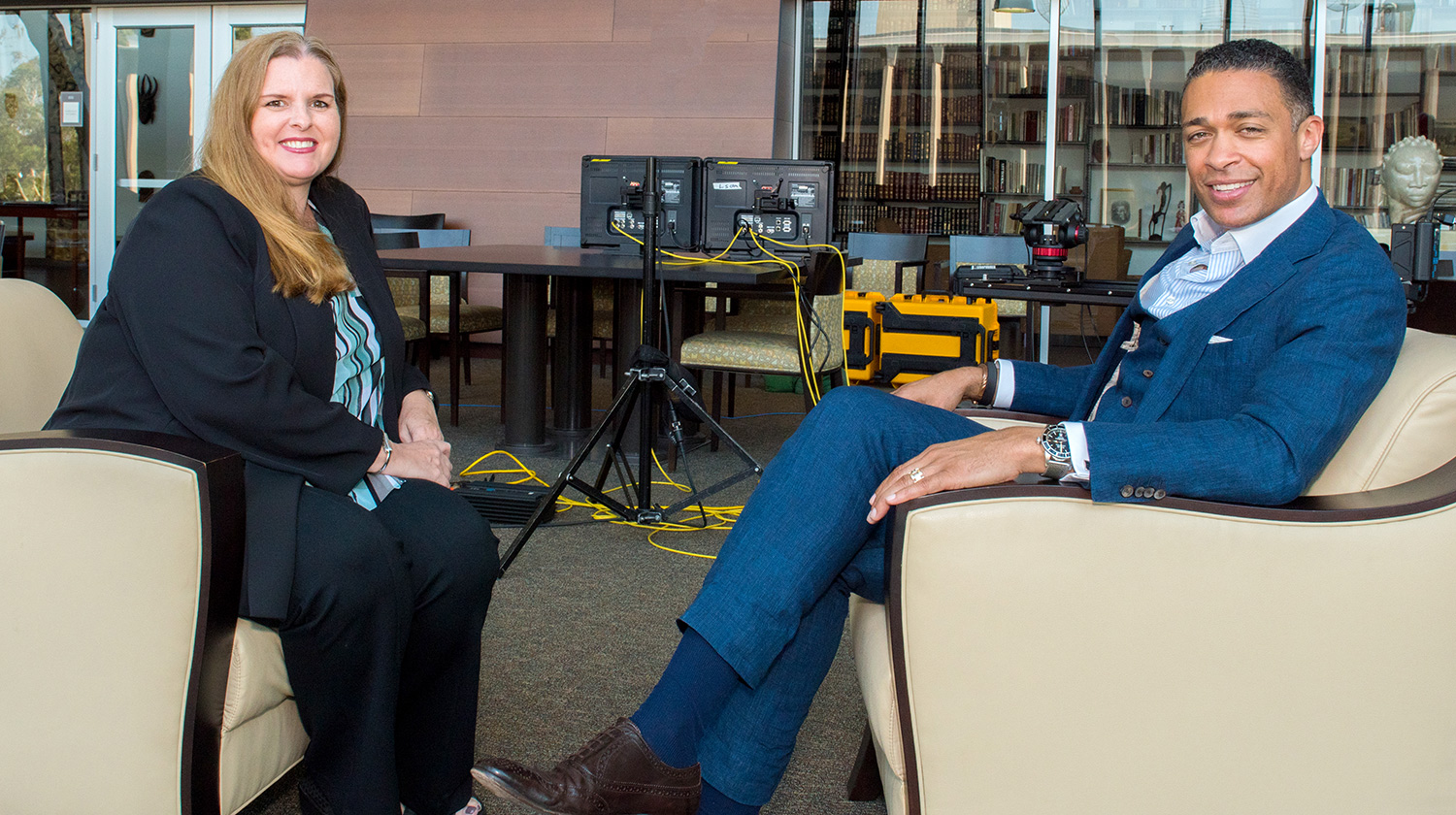
Spending too much time on your phone may be causing you to feel stress and anxiety, experts are warning.
“The more people use their phone,” Dr. Nancy Cheever, who spearheaded research on the relationship between cellphone use and anxiety at California State University, Dominguez Hills, told ABC News, “the more anxious they are about using their phone.”
Cheever’s research suggests that phone-induced anxiety operates on a positive feedback loop, saying that phones keep us in a persistent state of anxiety and the only relief from this anxiety is to look at our phones.
She warns that there is little known about the long-term effects that phone-induced anxiety can have on your overall health.
“If you’re constantly connected, you’re going to feel anxiety,” Cheever said. “And the more people feel anxiety, that can lead to other things like mental health and physical ailments.” Her research comes at a time when teens may be on their phones for more than six-and-a-half hours a day, according to the nonprofit Common Sense Media.
If you’re constantly connected, you’re going to feel anxiety. – Nancy Cheever
Cheever demonstrated her experiment on ABC News’ T.J. Holmes, as well as two teenage girls, measuring the amount of stress that being away from their phones caused them.
She initially told Holmes, as well as the two teens, that they were going to take part in an experiment on test anxiety, and then strapped measuring equipment to them to track changes in heart rate and even record perspiration levels.
“I’m just going to put your phones back here because they might interfere with the equipment a little bit,” Cheever told her subjects, moving their cellphones out of reach but still within hearing distance if the phones started to ring.
Cheever then sent text messages and called their phone numbers, and as their cellphones started to go off, Cheever used her equipment to measure their stress levels. Most people experience an emotional response that floods their body with stress hormones when they hear their phone go off, according to Cheever.
“His physiological arousal spikes quite a bit right after he hears the text come in,” Cheever told ABC News of Holmes’ reaction to hearing his phone go off.
“You could see immediately he … started sweating quite a bit. He’s anxious about his phone ringing,” Cheever added.
The two teenage girls, Keke and Gabby, also responded with symptoms of stress and anxiety when their phones were taken away from them during the experiment and they could hear them ring. Keke’s stress levels on Cheever’s equipment measured four times higher than Holmes’ levels. Meanwhile, Gabby had the highest stress response out of all three of them.
Nancy Colier, a psychotherapist and author of the book, “The Power of Off,” emphasized to ABC News that the long-term dangers of this anxiety remain largely unknown.
“Let’s meet in 30 years,” Colier said when asked how much damage is being done to a child who goes through these levels of anxiety every day, “and we’ll know the answer to that.”
“My experience in talking to teenagers is if it’s ‘My heart rate is higher’ versus ‘I have a social life,’ they’re going to choose social life,” Colier added. “But the way we’re living doesn’t actually serve our deeper well-being.”
“All of this attention to technology, and the mind, and thoughts is coming at a great expense to the other aspects of what … human beings need to feel well,” she said.
Source: ABC News